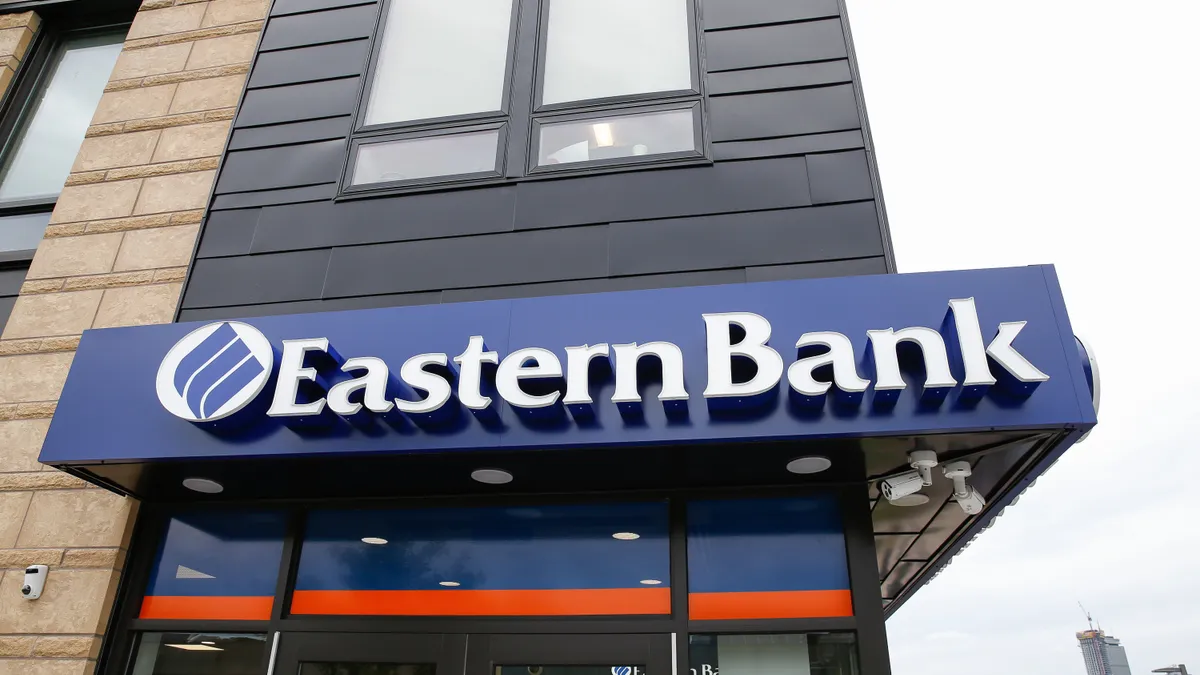As retail banks move toward automated transactions that replace humans, paper and physical locations, the fund administration industry is still largely playing a game of catch-up.
Northern Trust, a 131-year-old global financial institution based in Chicago, has nearly $11 trillion in assets under custody and $1.1 trillion in assets under management. Its clientele includes large companies, high net-worth individuals, family offices and pension funds. Core offerings areas include asset servicing, investment management and wealth management.
The company invests approximately $2.5 billion in technology over rolling three-year periods. In recent years, Northern Trust has undertaken an ambitious digitization effort for all of its business lines. One focus area is asset servicing, which covers a bundle of components that typically include custody, transfer agency and fund accounting. Beyond perfecting the client journey, the challenge is to automate and stitch together a patchwork of disconnected services. In particular, a reliance on manual processes can be a drain on resources.
In the fund administration ecosystem, transactions are often more complicated than in retail banking. They go beyond deposits and withdrawals to include derivative transactions and private equity capital calls, and multiple parties are often involved. As a result, Northern Trust is on a path to streamline transactions that can be time-consuming and costly. It's been rapidly digitizing to reduce overhead, improve data management and revamp the client experience.
"When we talk about challenges, it's never one-sided because we live in this ecosystem of Northern Trust, our clients, and then their other service providers that they may hire — asset managers, consultants and so forth," Paul d'Ouville, Northern Trust's global head of product and client solutions, said. "We see a huge amount of fairly inefficient [processes], especially when you compare it to our personal lives where we are logging into apps and moving money instantaneously — we get about 20,000 faxes a month on trade instructions."
Not one-size-fits-all
In implementing digital transformation efforts, Northern Trust isn't employing a one-size-fits-all approach. It's tapping internally built tools along with partnerships with other tech providers and acquisitions where appropriate. The objective of these efforts is to automate the front-, middle- and back-office operation.
The company last year began to implement an internally built solution called Matrix, which allows for the digitization of client interactions. A key focus area for Matrix's initial launch was asset servicing. Instead of paper forms, wet signatures and original identity documents, Matrix is moving Northern Trust's transfer agency business closer to the customer experience of a fully digital retail bank. The bank will begin launching Matrix across all business units next year.
"[Matrix] will provide ways to identify you, upload your government ID and things like that in a much more straightforward way," d'Ouville said.
Partnerships and acquisitions complement capabilities that are built in-house. Northern Trust in May connected its fund accounting, administration, asset servicing and middle-office capabilities with BlackRock's Aladdin (which stands for Asset, Liability, Debt and Derivative Investment Network) platform to allow for streamlined portfolio tracking and reporting. Over the past two years, Northern Trust has acquired San Francisco-based Belvedere Advisors, owner of digital advice platform Emotomy, and Citadel's Omnium hedge fund administration software.
"There's no one solution that asset managers all congregate on," d'Ouville said. "We are taking an open-platform, open-architecture strategy; we will have our front-office solution platform, but we also recognize we need to work with some of the largest asset managers that are on BlackRock's Aladdin or Bloomberg's [asset and investment management] platform."
The company is open to making more acquisitions in the future, he said.
BNY Mellon and State Street
Northern Trust isn't the only large custodian bank that's embarking on a digital reset. Both BNY Mellon and State Street are digitizing operations, retiring legacy processes and aiming to make transactions seamless.
Over the last couple of years, BNY Mellon's asset servicing modernization initiatives have focused on bringing together disparate data, as well as automating and digitizing processes wherever possible. These efforts have been driven by the need for a client-centric approach, and to meet expanding reporting and disclosure requirements, Allen Cohen, global head of accounting and administration for BNY Mellon's asset servicing business, told Banking Dive.
"When you look at our asset servicing strategy, it comes down to three things: the first is continuing to invest in our core services and providing that superior client experience; the second is about being more digital and automating processes to make us and our clients more efficient; and the third is our focus on data," he said.
These initiatives provided the foundation to handle 200% to 400% volume spikes during the pandemic because of market volatility, as well as enhanced client service needs, the bank said.
'It's a race'
Since speed, efficiency and automation are differentiators in this field, analysts said there is pressure on industry players to innovate quickly.
"It's a race," said Dan Stummer, vice president and partner at IBM. "In the asset servicing space, everybody is trying to get to the end, which is the cognitive enterprise. There are different paths and strategic choices that people are trying to make."
While competition and fee compression bolsters the case for technology and automation, economic forces driven by the pandemic are also pushing imperatives to digitize.
"With COVID-19 occurring, and the asset values going down, the marketplace is going to be focused on efficiencies," Peter Cherecwich, president of asset servicing at Northern Trust, told Institutional Investor in May. "If you look at Aladdin and BlackRock, there are a lot of users out there. What this does is helps our clients who use it get more efficient."
The pandemic hasn't put undue strain on Northern Trust's tech investments because it has prepared for market volatility and changing client needs, d'Ouville said.
"We have an extremely strong balance sheet and the ability to invest through the ups and downs of the market," he said. "We have shifted investments on the margin to support a full work-from-home environment, but the numbers have been consistent with what we have reported."
Looking to the future, beyond a trajectory to build best-in-class tools, a key challenge will be to encourage continued digital adoption among clients.
"There is the digitization and the enablement of being more efficient, and then there's the client adoption that you do need to ensure that your efficient processes are utilized, so that clients don't opt out," d'Ouville said.



















